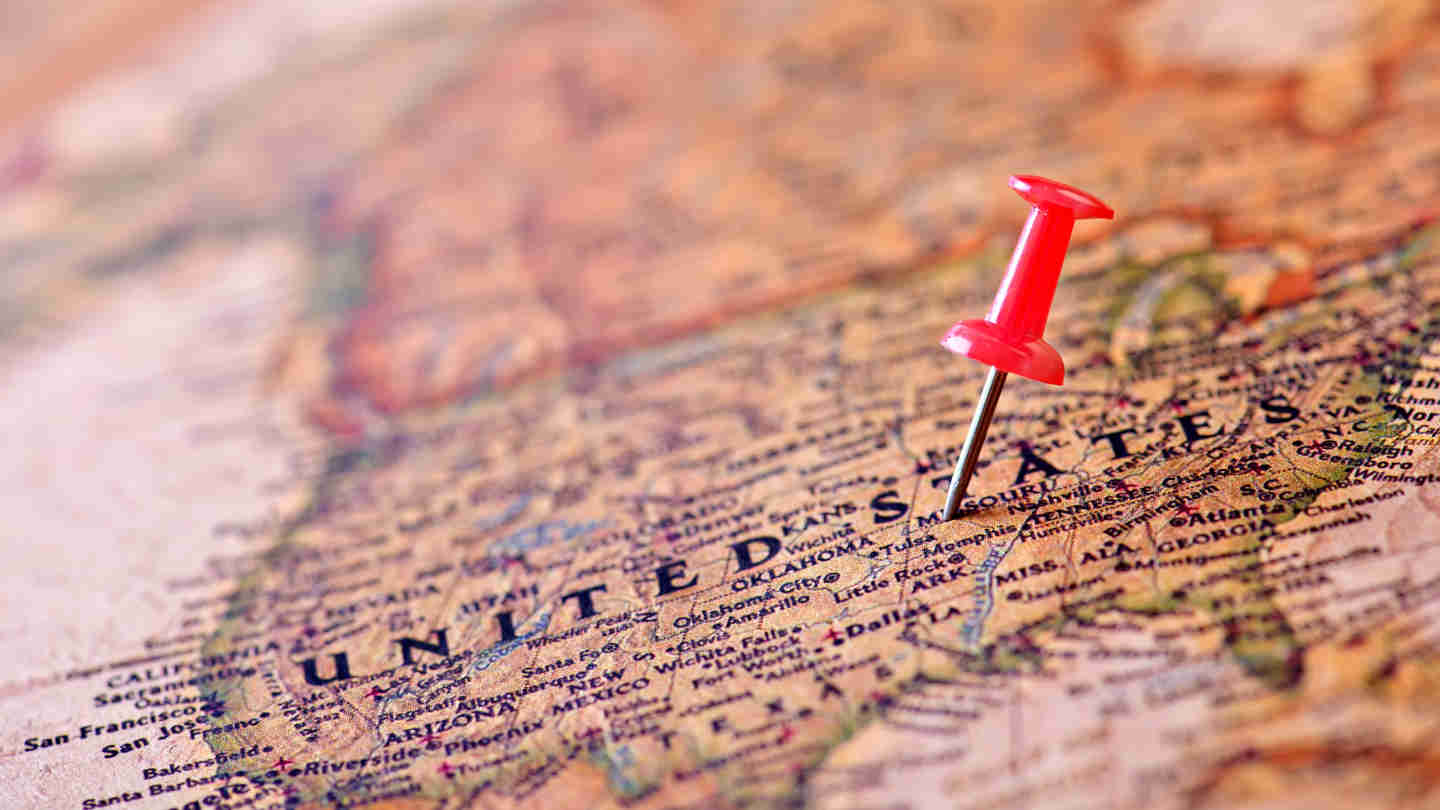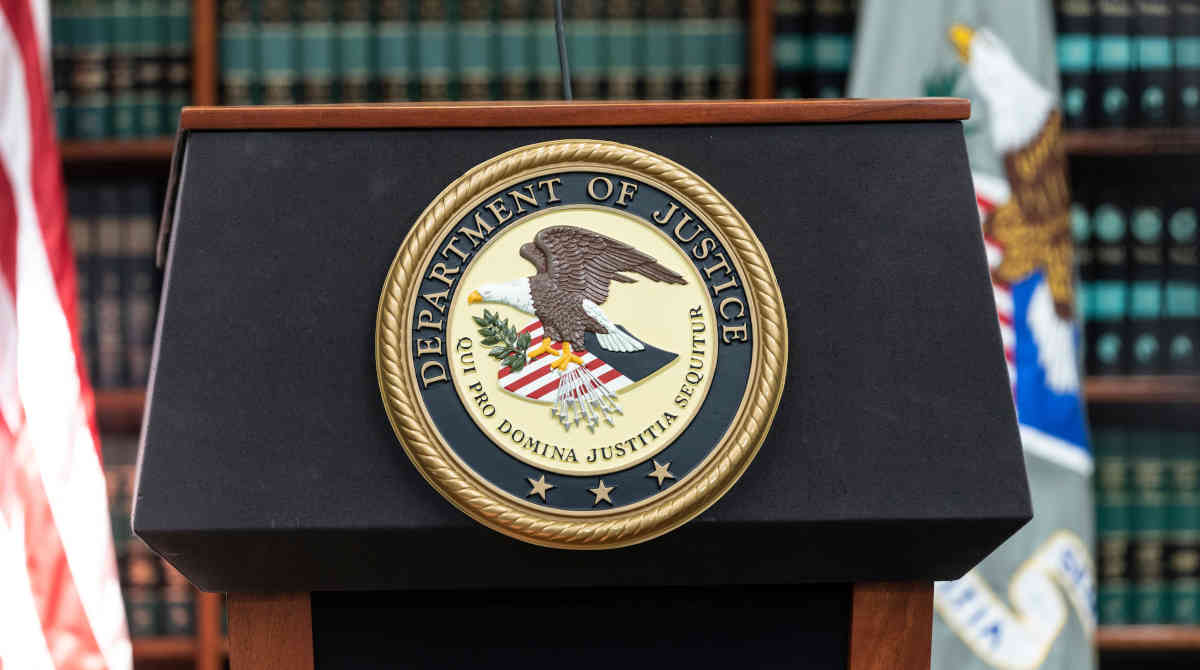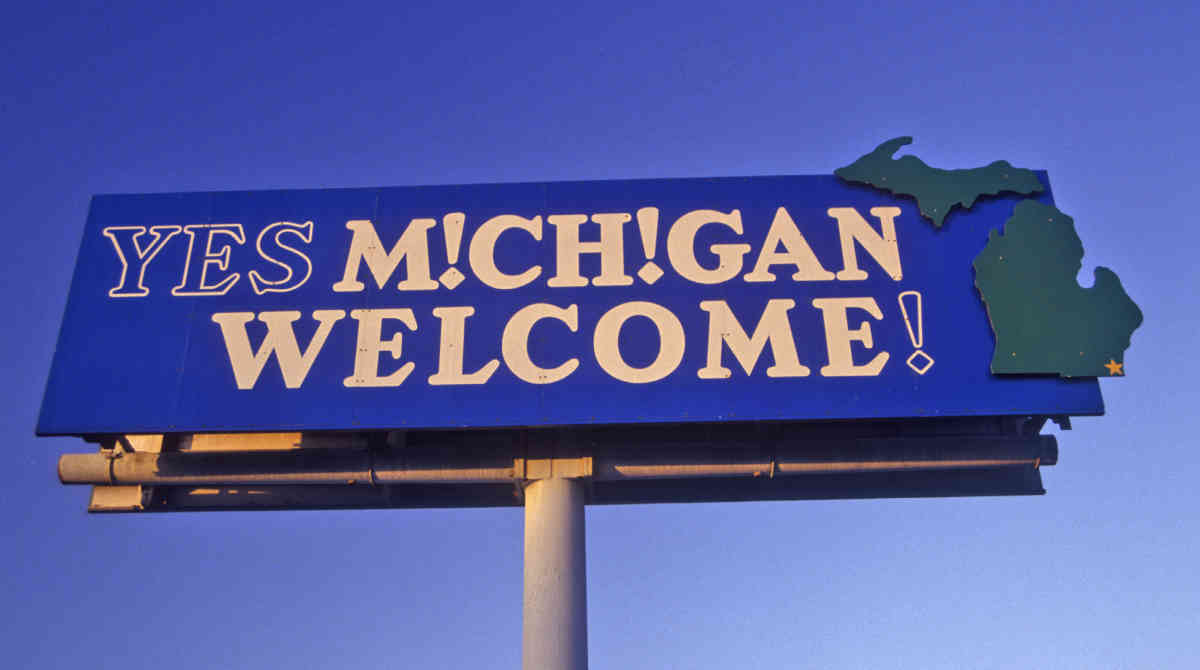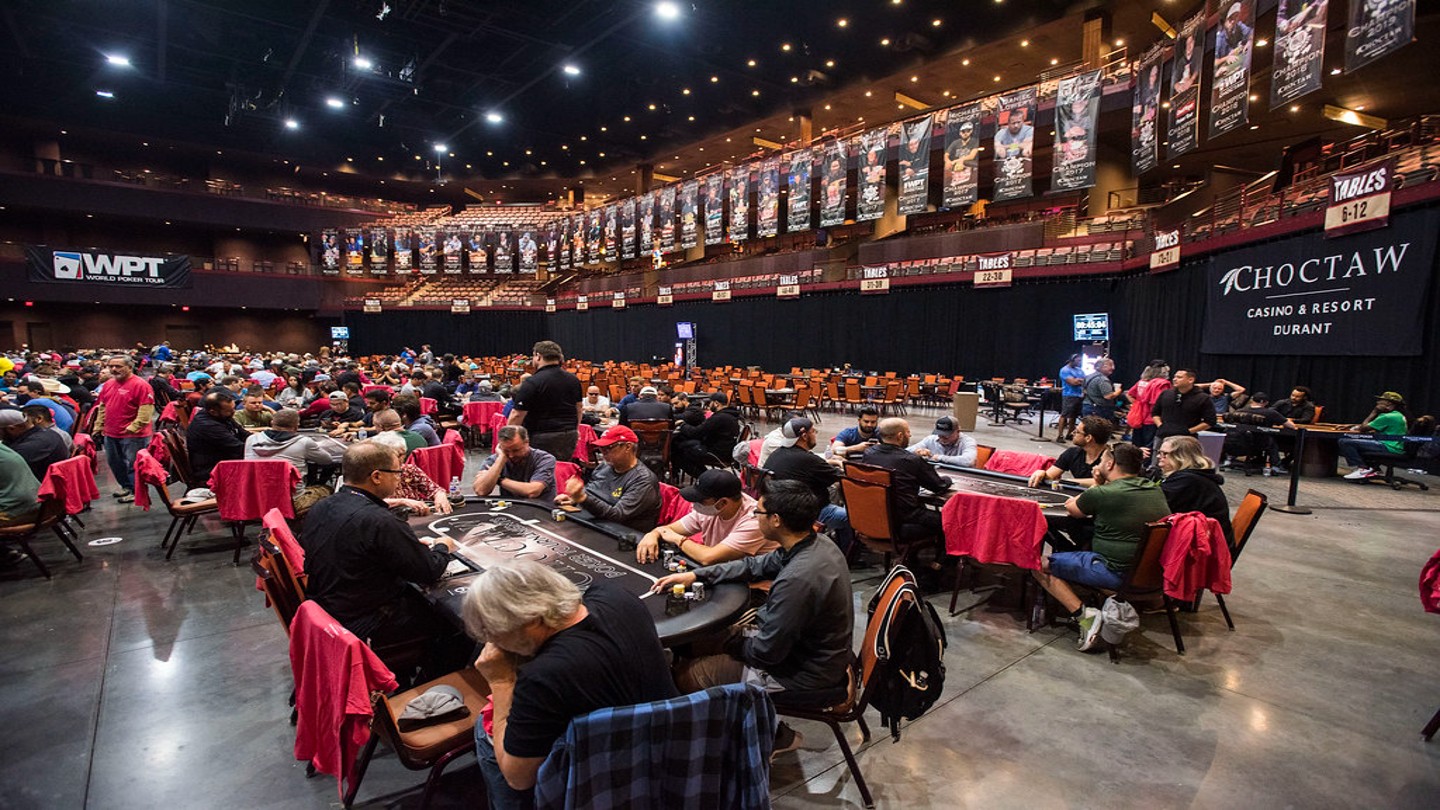The Multi-State Internet Gaming Agreement: All You Need to Know About the MSIGA

9 minutes
Last Updated: December 5, 2023
The Multi-State Internet Gaming Agreement (MSIGA) is a legal treaty signed by several US states that offer regulated online gambling. The agreement is of particular importance for online poker as it authorizes the states to join their player pools across state borders.
In the US, online poker is regulated on the state level, and players can only play against other players physically present in that same state. Thanks to the MSIGA, US poker sites can bring together players from different states and have them play in the same tournaments and ring games.
As of 2023, there are five states in the MSIGA: Delaware, Nevada, New Jersey, Michigan, and West Virginia. More states are expected to join the compact in 2024 and beyond, with Pennsylvania and Rhode Island being the most likely candidates.
On this page, we bring you all the information you need about the Multi-State Internet Gaming Agreement, its history, and its importance for the future of US online poker.
Brief History of the Multi-State Internet Gaming Agreement
Online poker was first regulated in the United States in 2013, following the fallout of Black Friday, which saw US players cut off from international sites. It was decided that individual states would be given the right to regulate this area however they see fit, but any such regulation would be limited to the area of a particular state.
The first two states to regulate online poker were Delaware and Nevada, which led to licensed poker sites launching in those states. However, due to the nature of the regulation, players in these states could only play against other players within these states.
Then, in February 2014, these two states reached a historic agreement that marked an important stepping stone for US online poker.

Delaware and Nevada signed the Multi-State Internet Gaming Agreement (MSIGA), stipulating that players from these two states would be allowed to play together in the same player pool.
Simultaneously, the two states set up the Multi-State Internet Gaming Association, an organization in charge of overseeing the agreement and ensuring current and future member states adhere to all the provisions of the MSIGA.
2017 – New Jersey Joins the MSIGA
For several years, the MSIGA existed only as the compact between Delaware and Nevada. During those early years, New Jersey was the only other state with regulated online poker, but it continued to operate as a separate market.
This finally changed in 2017 when New Jersey Governor Chris Christie signed a document allowing the state to share its player pool with Delaware and Nevada. With that, New Jersey became the third state to join the MSIGA, and the application of the agreement started the following year.
At this point, it seemed like any future states with online poker would be quick to join the MSIGA, leading to the gradual creation of a US-wide poker network. However, there were several obstacles along the way that first had to be dealt with.
2019 – The DOJ and the Wire Act (Re)Interpretation
The Wire Act is an old bill that was passed primarily to prevent illegal sports betting and the use of telephone lines to place sports bets across state lines. When the Wire Act was passed back in the 1960s, online poker (or online anything, for that matter) wasn’t even a consideration.
However, as online poker started to get regulated in the US and the three states joined forces through the MSIGA, the US Department of Justice decided to go after them, interpreting the Wire Act as applicable to online poker as well.

This interpretation, in short, meant that the DOJ was of the opinion that the states offering online poker across state lines were in breach of a federal law.
This opinion was first passed in 2011, but in 2019, the DOJ came out with a public statement that reconfirmed its position on the matter, inviting states to bring their operations in line with laws. For obvious reasons, this put a wedge in the MSIGA expansion plans, as states were hesitant to join, fearing repercussions.
2021 & 2022 – Historical Court Decisions
The status quo remained in effect for several years. States already in the MSIGA continued as they were, but there were no new members. Everybody was waiting to see how things would develop, knowing that, eventually, this saga would get a court epilogue.
This is exactly what happened in 2021 and 2022, and although the court case had very little to do with poker, the judgment made it abundantly clear that online poker, among other things, was not subject to the Wire Act.
First, the New Hampshire Lottery filed a lawsuit against the DOJ opinion, as it was afraid of how it could influence its out-of-state ticket sales. In 2021, the US Court of Appeals for the First Circuit sided with the Lottery, stating that the Wire Act of 1961 applies only to sports betting activities. The DOJ had the opportunity to appeal the decision but did not do so before the deadline.
Despite this, in 2022, IGT, a US gaming giant, took the matter to court once again, requesting the court to make a declaratory judgment that the Wire Act applied only and exclusively to sports betting.
The Rhode Island District Court sided with the IGT once again, and the summary judgment made it clear that the DOJ cannot interpret the Act as applicable to casino games, lottery, or online poker.
These were two historic decisions for US online poker, as states were finally given some clarity on the matter. With these two court decisions, they were free to join the MSIGA if they wanted. The fear of the DOJ going after them for doing so was gone.
2022 – Michigan Joins the MSIGA
Encouraged by positive legal developments, Michigan, which regulated online poker in December 2019, decided to enter the Multi-State Internet Gaming Agreement.
The Michigan Gaming Board Executive Director signed the agreement in May 2022, allowing for the player pool sharing between all four states: Michigan, New Jersey, Delaware, and Nevada.
A bill that enabled Michigan online poker to join the compact was passed a couple of years earlier, in 2020, but the state was waiting for the right moment to pull the trigger.

This was an important moment for all member states but also for US online poker as a whole. Michigan joining the agreement could be observed as a sign of things to come, paving the way for a wide network of regulated states to come together to create a robust and healthy ecosystem.
2023 – West Virginia Becomes the Fifth MSIGA Member
West Virginia has had regulated online poker since March 2019. However, as a state with a very small population, it wasn’t particularly interesting to any of the operators, so no sites applied for a poker license.
Looking to address this issue, West Virginia signed the Multi-State Internet Gaming Agreement in November 2023, becoming the fifth state in the compact. This decision made the state a much more attractive proposition for US poker sites, as licensees will have the option to launch with combined player pools from day one.
Instead of having to struggle with a small market, those operators that decide to set up shop in WV will have the ability to simply add players from the state to their existing network of sites.
US Poker Sites Benefiting from the MSIGA
The Multi-State Internet Gaming Agreement isn’t beneficial just to the states. It also creates opportunities for the operators, allowing them to achieve better player traffic, resulting in an improved gaming experience, larger guaranteed tournaments, and much more.
Right now, there are two US poker sites that enjoy the benefits of the MSIGA. The biggest benefactor is certainly WSOP.com, which has a presence in NJ, MI, DE (via 888poker), NV, and PA.
As of 2023, WSOP combines players from New Jersey, Delaware, and Nevada, while its Michigan platform still remains outside of the network despite MI joining the compact.
The second US poker operator to benefit from the MSIGA is PokerStars. Until 2023, the site was limited to individual state markets. However, once Michigan joined the agreement, the operator was quick to combine its NJ and MI player pools.
Other US poker sites, most notably BetMGM Poker, remain on the outside, at least for the time being. In 2024 and beyond, it is likely that BetMGM will take advantage of new opportunities as well since the room has a presence in New Jersey, Michigan, and Pennsylvania (which will likely join the MSIGA in the near future).
Future of the Multi-State Internet Gaming Agreement & US Online Poker
Things have picked up speed over the last couple of years when it comes to multi-state poker, and this is a positive trend that should continue in 2024 and beyond.
Right now, Pennsylvania is the largest regulated state, and it is not yet a part of the MSIGA. It is likely that this will change in 2024, however, and PA joining the compact would be a very significant development. It would significantly boost the overall player liquidity across the network.
Rhode Island is a small state that regulated online poker in 2023, and we fully expect it to join the MSIGA as well. In fact, much like West Virginia, this is probably the only way forward for the state if it wants to generate any interest from the operators.

All the developments we’ve seen as of late indicate that the MSIGA will have a huge impact on the future of online poker in the United States. With earlier legal obstacles out of the way, it may take a little while, but eventually, we expect all regulated states to join the compact.
With the MSIGA expanding, we are starting to see the outlines of a US-wide online poker network despite the lack of regulation on a federal level.
Once major stakeholders like California, Texas, and Florida finally pass their own regulations and throw their hats into the mix, US poker players will have access to a very healthy ecosystem that could compare to the rest of the world.
It will take a few more years, at least, before that kind of network is in place, but it certainly seems like things are moving in the right direction, and the MSIGA will continue to grow and expand in the months and years to come.




















